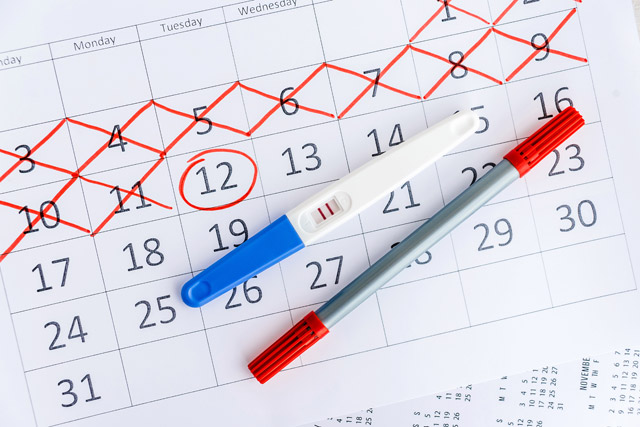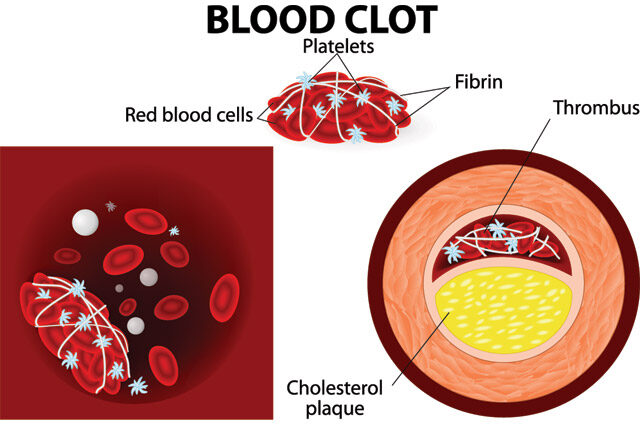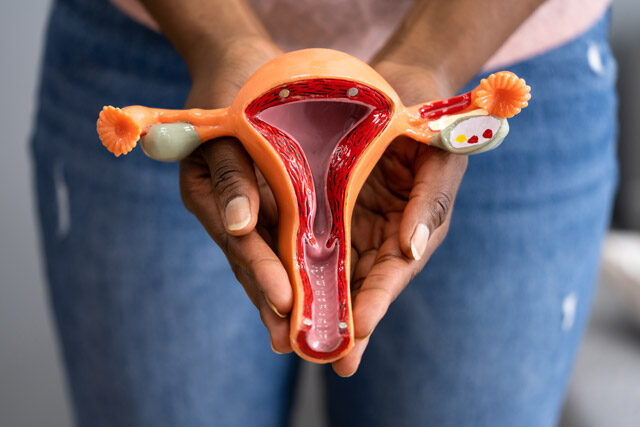How Soon After Implantation Can I Test? Any woman trying to conceive wants to know if she’s succeeded or not well in advance of the day she misses her period. Is it possible, and how can it be done? We are here to give the answers you need.
What Is Implantation Bleeding? How Does Pregnancy Start?
The ovum gets fertilized by the sperm in the fallopian tube. Then a newly created cell, which is going to grow into a new human, travels to the uterine, where it attaches to the uterine wall, thus officially starting the process of pregnancy.
It may take up to five or six days after ovulation for the fertilized egg to reach the point where it will grow and develop for another nine months. The process of attachment is sometimes accompanied by the so-called implantation bleed. It happens due to damage to the small blood vessels. A woman may see it as light bleeding or spotting of pale pink or brown color, which lasts anywhere from one to three days. This is the earliest sign of pregnancy.
From the moment of implantation, a female body starts secreting human chorionic gonadotropin (hCG) – a hormone exclusive for pregnancy, as these are the cells of the placenta that produce HCG. Still, when pregnancy only begins, the levels of hCG are insufficient to be noticed by home pregnancy tests.
How Soon After Implantation Can I Test? – Finding out about Pregnancy
To detect early pregnancy, you can use two methods: testing your blood or testing your urine. Let’s have a look at each of these options.
Testing with a Blood Test
Blood tests are the most reliable in early pregnancy. They provide accurate results in 100% of cases. Implantation bleeding usually happens within 6 – 12 days after fertilization. Specialists say that this kind of test can figure out pregnancy four-to-five days later.
Testing with a Urine Test
Checking with a home test is less reliable. For the hCG to become detectable in this body fluid, its amounts should already be high enough in the blood. This kind of diagnosing pregnancy can be applied not sooner than 7 days after implantation bleeding. Still, even at this point, the amount of hCG may be insufficient for a positive pregnancy test, and exists a significant probability of you receiving false negative results.
Some highly-sensitive tests can show you are expecting a baby 6 days before missed period. But again, the likelihood of false negative results remains. If you want a positive result that won’t cause doubt, it’s better to test one day after your estimated menstruation date. In many women, this falls within a week after the implantation bleeding.
Things Influencing the Accuracy of Testing for Pregnancy
While nothing can interfere with detecting early pregnancy via a blood test, things are different with urine tests. While their accuracy reaches 99% on the first day of your menses being late, they are less reliable if done earlier.
Although receiving false negative is more common with this kind of test, false positive results also happen. Let us explain the reasons for both.
The reasons for false negative can be the following:
- You’ve done the test too early. The reliability of tests 6 days before menses doesn’t exceed 60%, so it’s no surprise that the results are unreliable.
- You’ve drank too much water before testing, thus diluting the urine. The levels of hCG in the concentrated fluid are higher and, therefore, easier detectable.
- You’ve violated the timing recommendations. You should read the result after three minutes of waiting. If you check it earlier, the result won’t be accurate.
The test you useis not sensitive enough. Opt for high-sensitivity tests if you want to find out about pregnancy before your missed period.
The opposite result happens much rarer and can be caused by the listed factors:
- The intake of medicines for stimulating ovulation and some other infertility treatments;
- You had a miscarriage before testing for pregnancy, and your hCG levels are still high. This is calleda chemical pregnancy.
How Soon After Implantation Can I Test? – Final Words
When waiting for the two lines on a pregnancy test for long months or even years, women want to know if they are expecting a baby or not as soon as possible, and this is understandable. However, rushing with a test may play against you showing a false negative or,what’s worse, a false positive. To avoid such emotional stress, please, be patient and wait for your period to be late even if you are 100% sure you’ve had an implantation bleeding.




